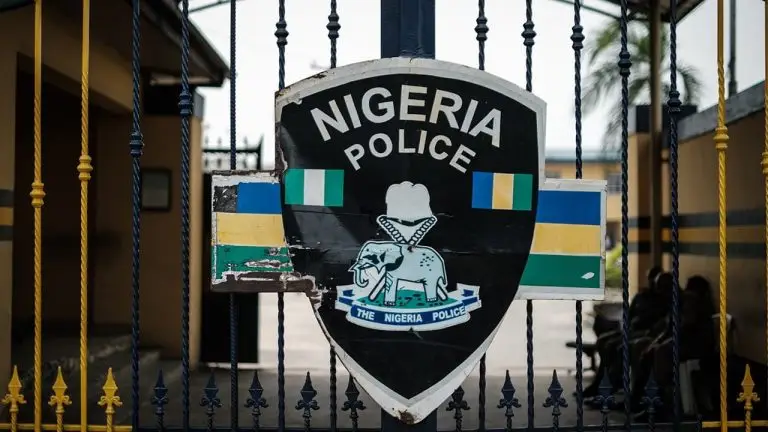The Electronic Central Motor Registry (E-CMR) innovation of the Nigeria Police Force will ensure that motorists are no longer stopped on the road for verification of vehicle information.
This was revealed by the Force Public Relations Officer, Olumuyiwa Adejobi, in a series of post he shared on X on Thursday to highlight the potential benefits of the E-CMR.
Adejobi’s post underscored the ease and efficiency of the “e-policing” innovation.
According to him, under the leadership of Inspector-General Olukayode Egbetokun, the Electronic Central Motor Registry system has been launched to make roads safer and the policing process smoother.
He noted that this new system allows vehicle owners to register their vehicles digitally and provides a quick response for emergencies.
“If your vehicle is registered with the NPF E-CMR and gets stolen, you can instantly flag it as stolen through your online profile,” the statement read.
He added that the system will alert all field officers nationwide within seconds, improving the chances of swift recovery.
On the E-CMR’s removal of paperwork, one of the posts read “No more stopping to check papers—our officers are equipped with cutting-edge tech to verify documents in real-time.”
“With the NPF’s new E-CMR system, you don’t need to carry around physical documents. Access all your vehicle info digitally—quick, easy, and secure,” it added.
The IGP had earlier in the year ordered the enforcement of the digitalised Central Motor Registry.
He had said the move was to modernise and digitize the motor vehicle registration system, and improve the nation’s safety and security framework.
On July 15th, however, the enforcement of the process which was initially scheduled to commence on the 29th of July, 2024, was suspended by the IGP.
In a statement by the Force Public Relations Officer, Muyiwa Adejobi, the relaxation of enforcement is to allow for massive enlightenment to highlight the benefits and effectiveness of the e-CMR initiative, which is designed to ensure the safety and security of all types of vehicles, including motorcycles by collating data imputed into the system by vehicle owners, and acting on such to flag the vehicles if reported stolen amongst other values.




